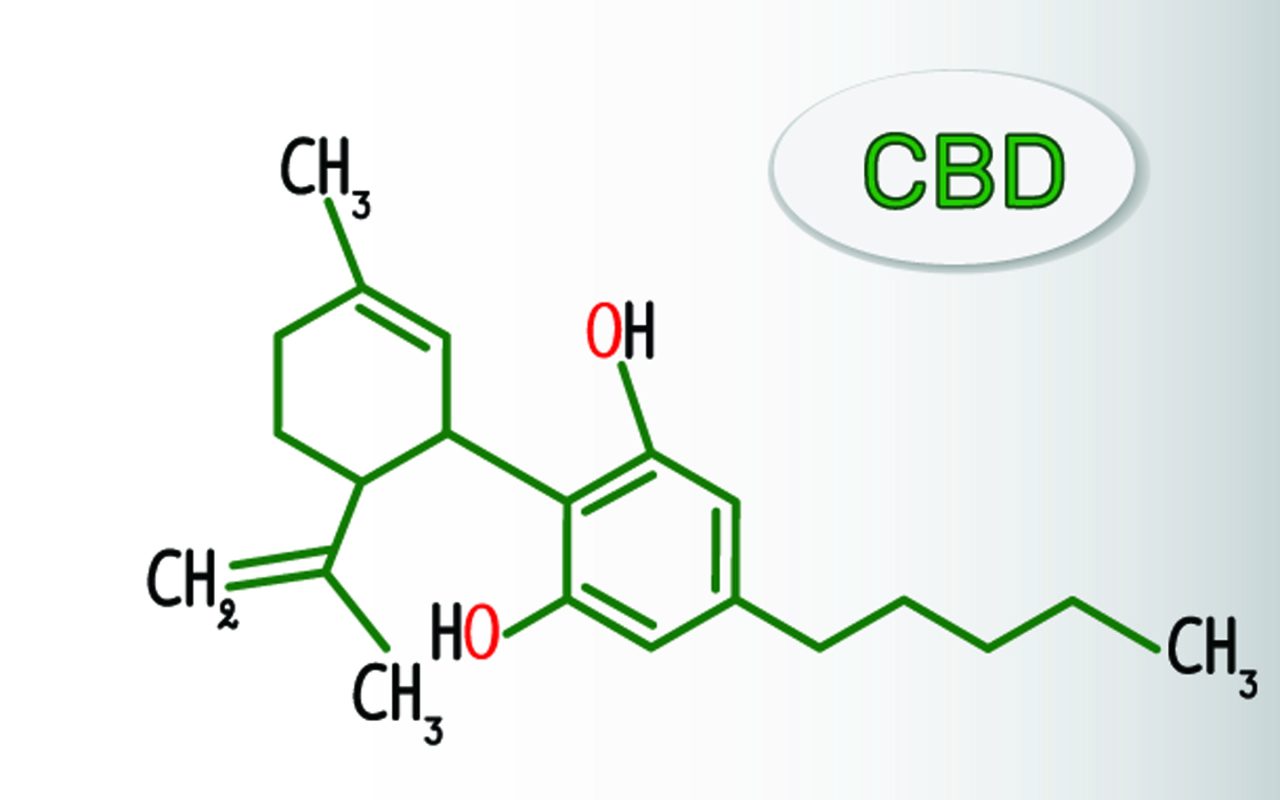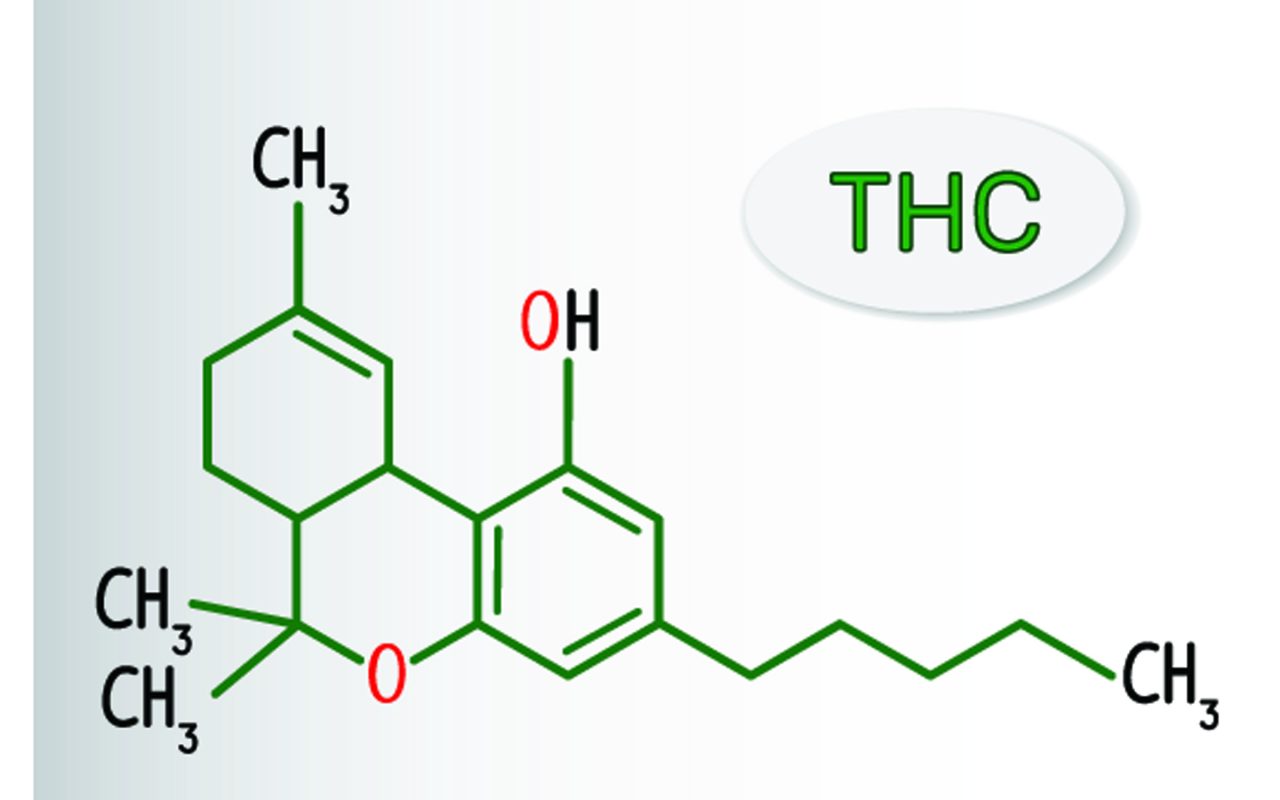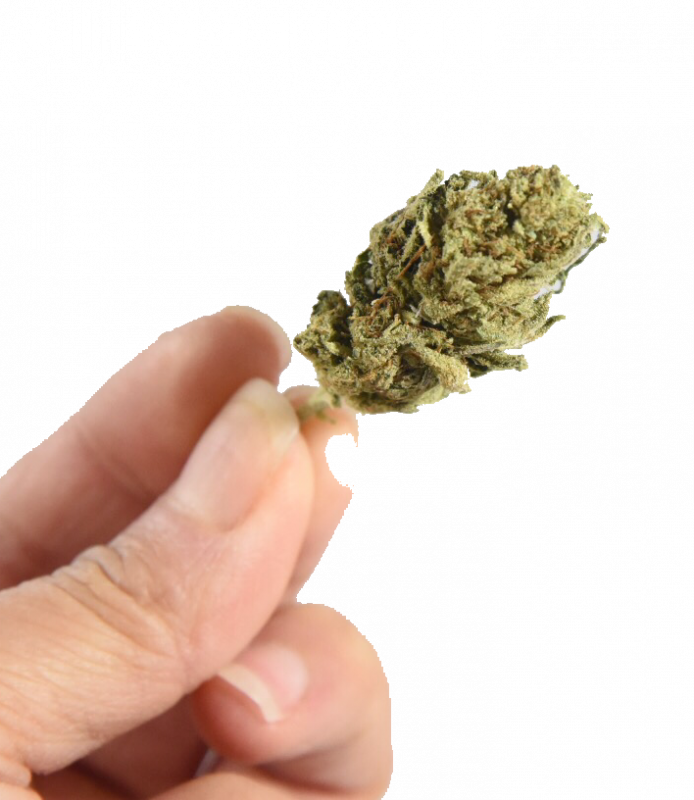Whether or not you’re already a CBD user, chances are you’ve wondered about how it compares to its popular psychoactive cousin, THC.


THC (Tetrahydrocannabinol) and CBD (Cannabidiol) are two of the most talked about cannabinoids found in the cannabis plant. While CBD and THC have a similar molecular structure, each induces a different response. For example, while each works with our body’s CB1 and CB2 cannabinoid receptors, THC has been shown to replicate the effects of naturally occurring neurotransmitters called anandamide and 2-AG which
imparts a ‘feel good’ response, and has been used medicinally to stimulate appetite, aid in digestion, decrease nausea, increase sensory awareness, relaxation, and more. CBD, on the other hand, has similar benefits without any of the psychoactive effects. A few of the many uses of CBD include helping in the management and relief of pain, inflammation (whether injury or chronic), anxiety, sleep, and much more.

To back up a bit, it’s worth noting that hemp and marijuana are not the same thing. While they are both part of the cannabis family, marijuana is grown and used for medicinal and recreational use, and is the variety that’s abundant in THC, which evokes the sensation of feeling ‘high.’ Hemp, however, has a whole assortment of other uses ranging from textiles to dietary supplements, and contains a negligible amount of THC. Hemp is the plant that’s used for extracting CBD.
Despite these two cannabinoids being the most talked about, there are nearly a hundred others that merit some attention. Some of these include CBDA (cannabidiolic acid), whose properties have demonstrated a positive effect in reducing nausea; CBG (Cannabigerol), which has shown to reduce pain and inflammation, as well as have antibiotic properties; and CBN (Cannabinol), which is thought to be beneficial for sleep, as well as reducing heart rate. These cannabinoids, among the many others, are in our full-spectrum products. They work together to bring you the most efficient and beneficial delivery of CBD into your system possible.
Questions? Just ask! We’re happy to help!
Whether or not you’re already a CBD user, chances are you’ve wondered about how it compares to its popular psychoactive cousin, THC.
THC (Tetrahydrocannabinol) and CBD (Cannabidiol) are two of the most talked about cannabinoids found in the cannabis plant. While CBD and THC have a similar molecular structure, each induces a different response. For example, while each works with our body’s CB1 and CB2 cannabinoid receptors, THC has been shown to replicate the effects of naturally occurring neurotransmitters called anandamide and 2-AG which imparts a ‘feel good’ response. CBD, on the other hand, has similar benefits without any of the psychoactive effects.
To back up a bit, it’s worth noting that hemp and marijuana are not the same thing. While they are both part of the cannabis family, marijuana is grown and used for medicinal and recreational use, and is the variety that’s abundant in THC, which evokes the sensation of feeling ‘high.’ Hemp, however, has a whole assortment of other uses ranging from textiles to dietary supplements, and contains a negligible amount of THC. Hemp is the plant that’s used for extracting CBD.
Despite these two cannabinoids being the most talked about, there are nearly a hundred others that merit some attention. Some of these include CBDA (cannabidiolic acid), CBG (Cannabigerol), and CBN (Cannabinol). These cannabinoids, among the many others, are in our full-spectrum products. They work together to bring you the most efficient and beneficial delivery of CBD into your system possible.
Have questions? Just ask us. We’ll be happy to answer your questions.

i live in PA, do I need a medical card for topical cbd?
For over the counter CBD, you do not need a medical card.